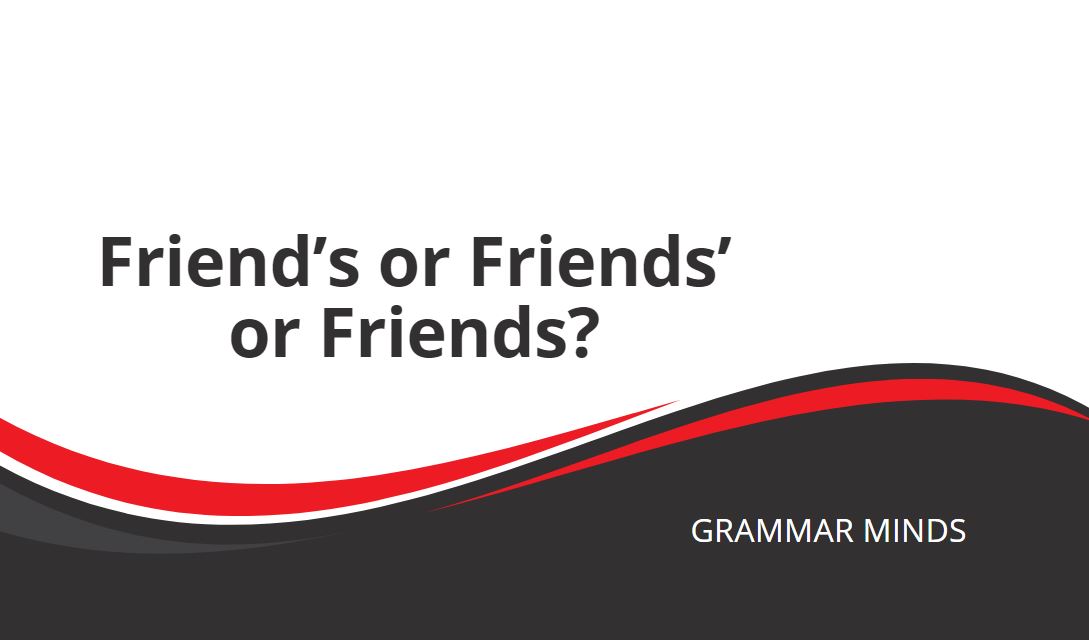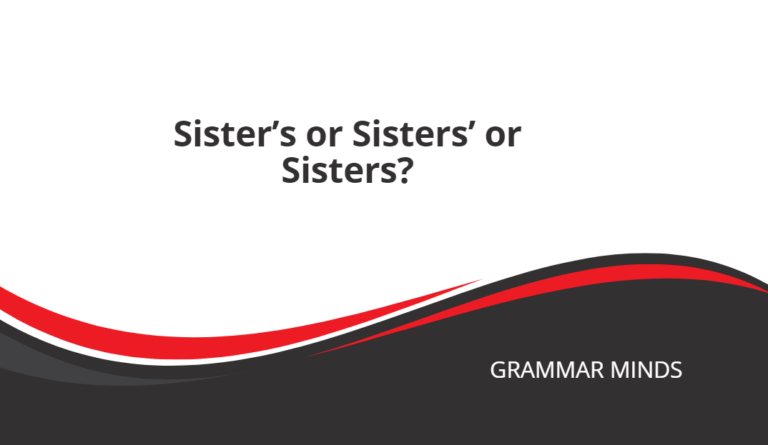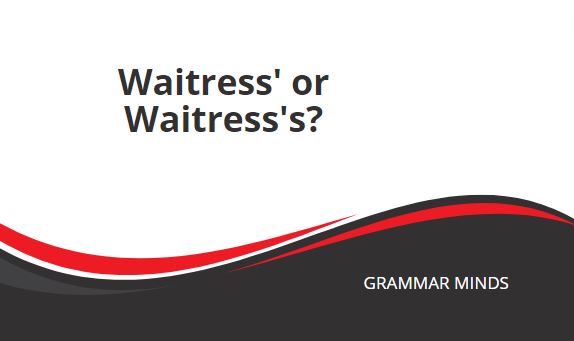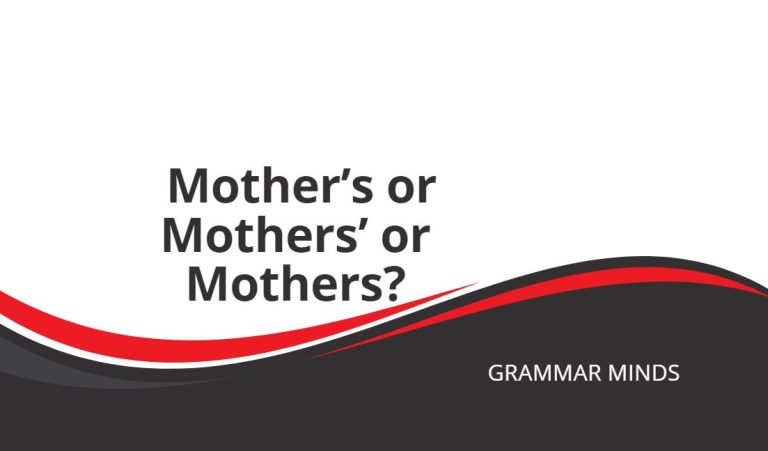The word friend’s is the singular possessive form of friend. E.g., “The friend’s advice was helpful.” Furthermore, friends’ is the plural possessive form. E.g., “The friends’ reunion was a joyful occasion.” Also, friends is the standard plural of friend. E.g., “The friends went on a road trip together.”
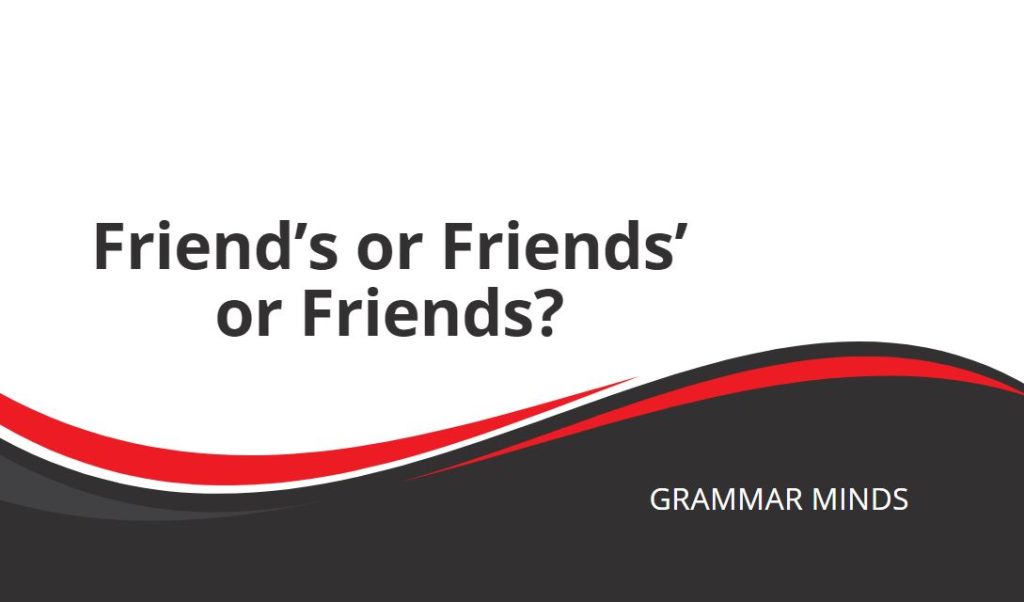
The following chart provides a summary of the different forms of friend.
| Form | Example Sentence |
| Singular | Friend |
| Plural | Friends |
| Singular possessive | Friend’s |
| Plural possessive | Friends’ |
You can make the plural form by adding an “s” to friend.
Furthermore, you can make the singular possessive by inserting an apostrophe and an “s” after friend. In comparison, the plural possessive is made by adding an apostrophe to the end of friends.
In the following examples, you can see the different forms of the word friend in context:
- Singular: My friend is coming over tonight.
- Plural: The friends enjoyed a movie marathon.
- Singular possessive: My friend’s car broke down yesterday.
- Plural possessive: The friends’ vacation was unforgettable.
The difference between the singular and plural possessives is that we are talking about one friend in the singular possessive sentence. However, in the plural possessive sentence, we are talking about something that belongs to multiple friends.
Now you have learned the basics of how to use the possessive forms of friend. However, you should keep reading so you can learn more about each form and how to use them.
Friend’s
The word friend’s is the singular possessive of the word friend. Therefore, you use it when you want to say that something belongs to one friend.
You can mention things that are a physical part of a friend or part of their belongings.
- The friend’s laughter filled the room.
- My friend’s house is beautifully decorated.
Friends’
The word friends’ is the plural possessive of friend. Therefore, you use it when you want to indicate that something belongs to multiple friends.
The plural possessive can refer to physical objects owned by friends, as well as things like results or opinions.
- The friends’ projects were showcased at the event.
- Someone borrowed the friends’ favorite board game.
Furthermore, the term friends’ can also refer to spaces explicitly designed for friends, as well as periods of time that friends spend together.
- The friends’ hangout spot is a cozy café downtown.
- They organized a friends’ gathering for the holidays.
Friends
The term friends is the standard plural of the word friend. Therefore, you use it when you want to talk about more than one friend in non-possessive sentences.
You can use the plural version to mention a specific number of friends.
- Three friends joined the book club.
Also, you can use it to refer to all friends in a general sense.
- Friends often support each other in times of need.

